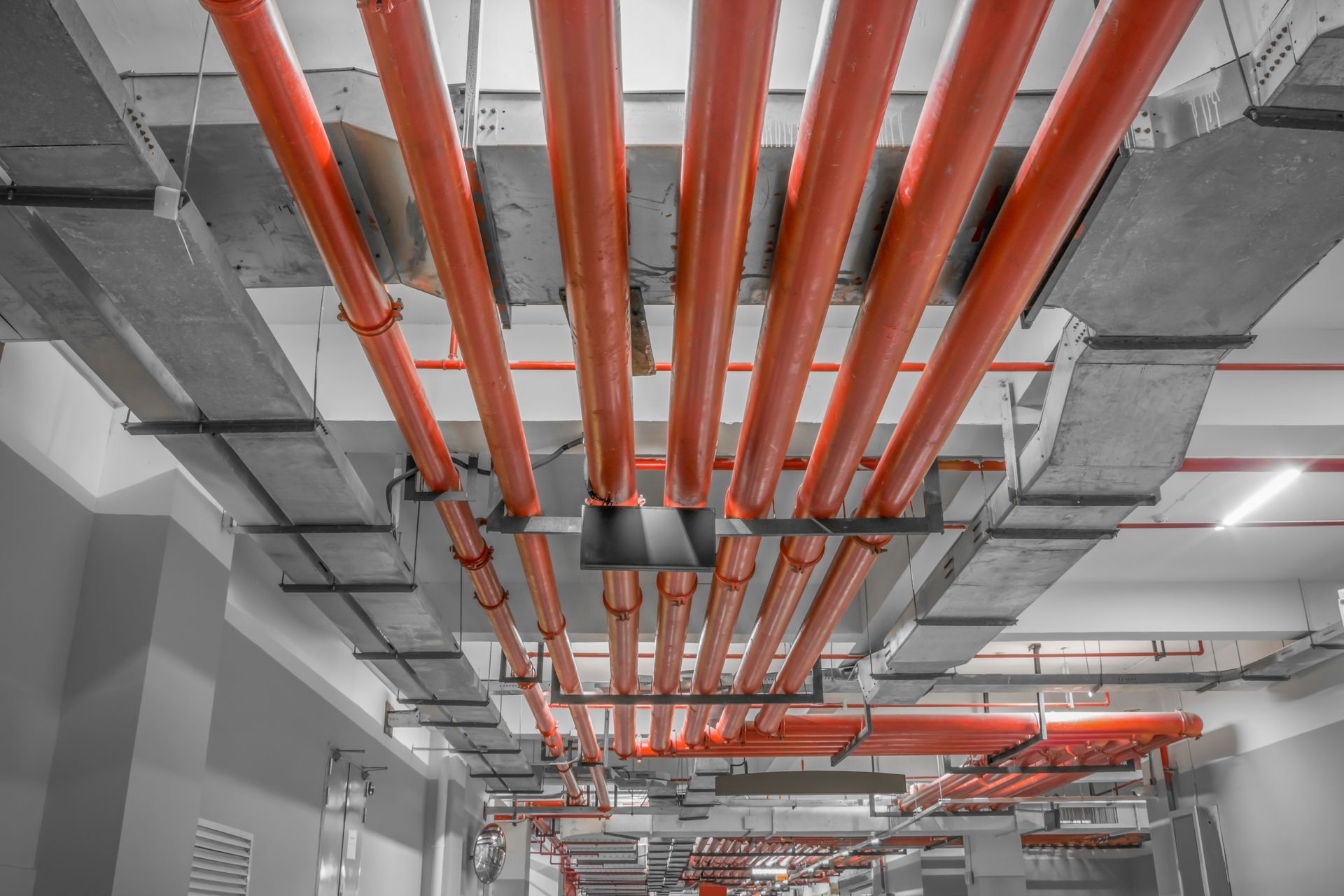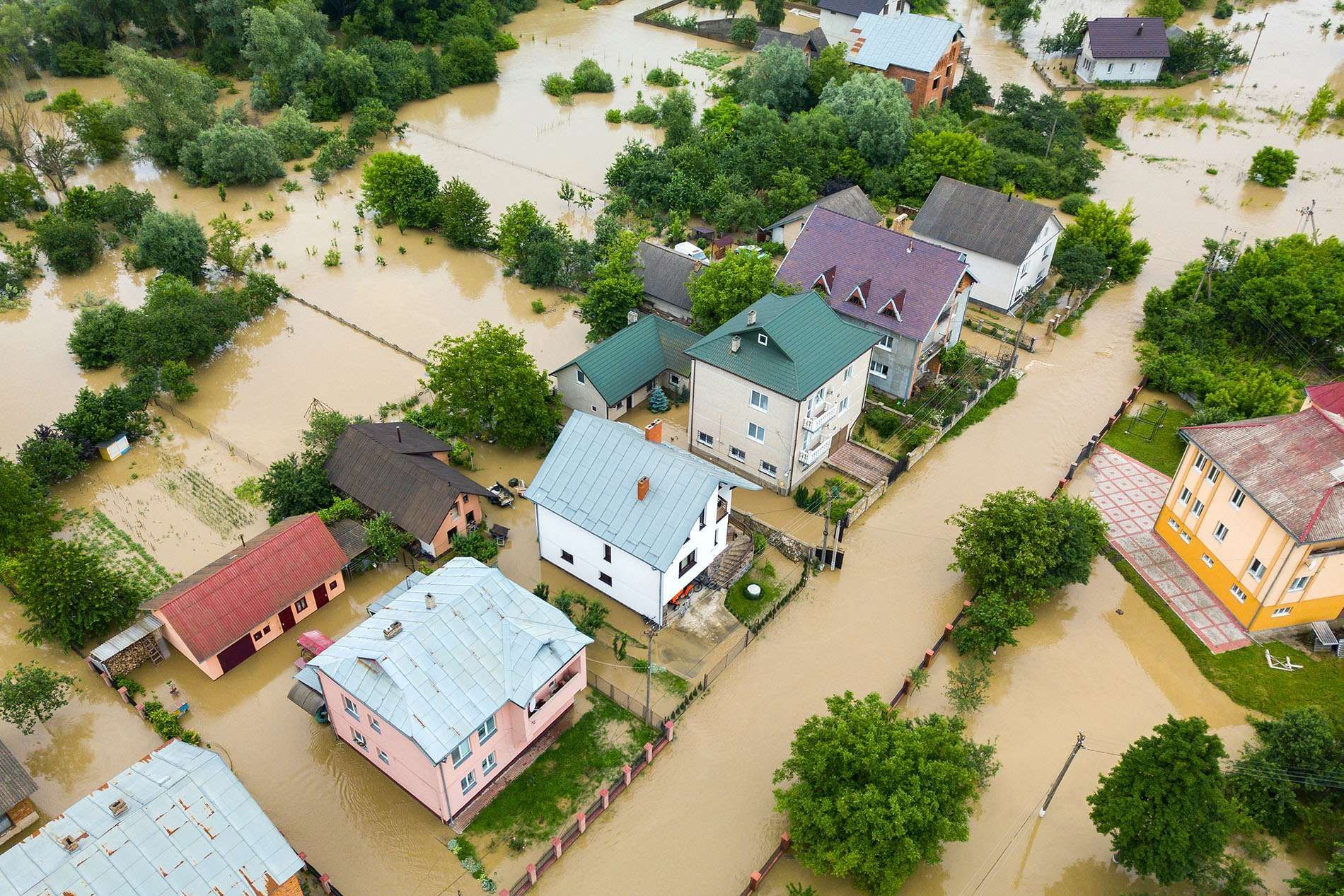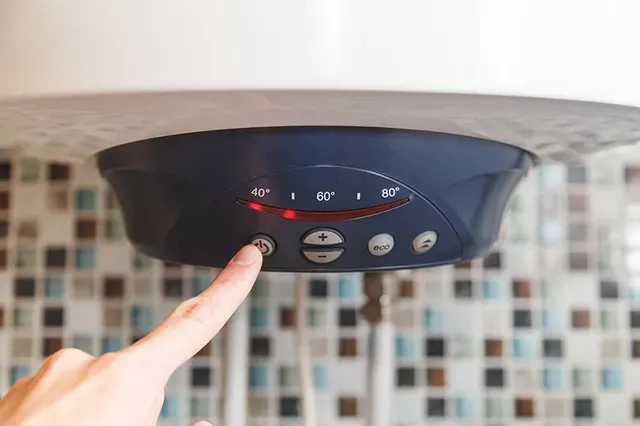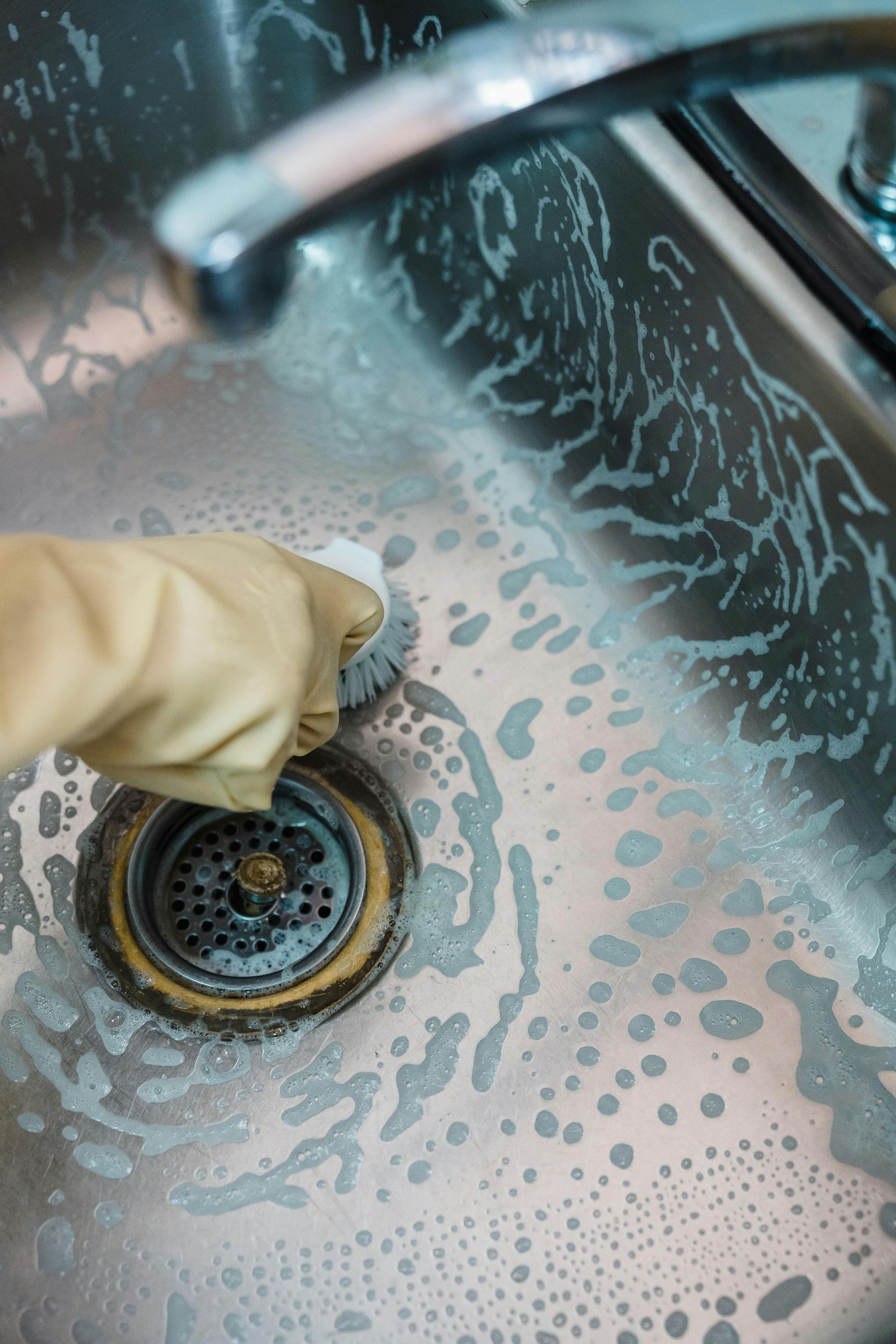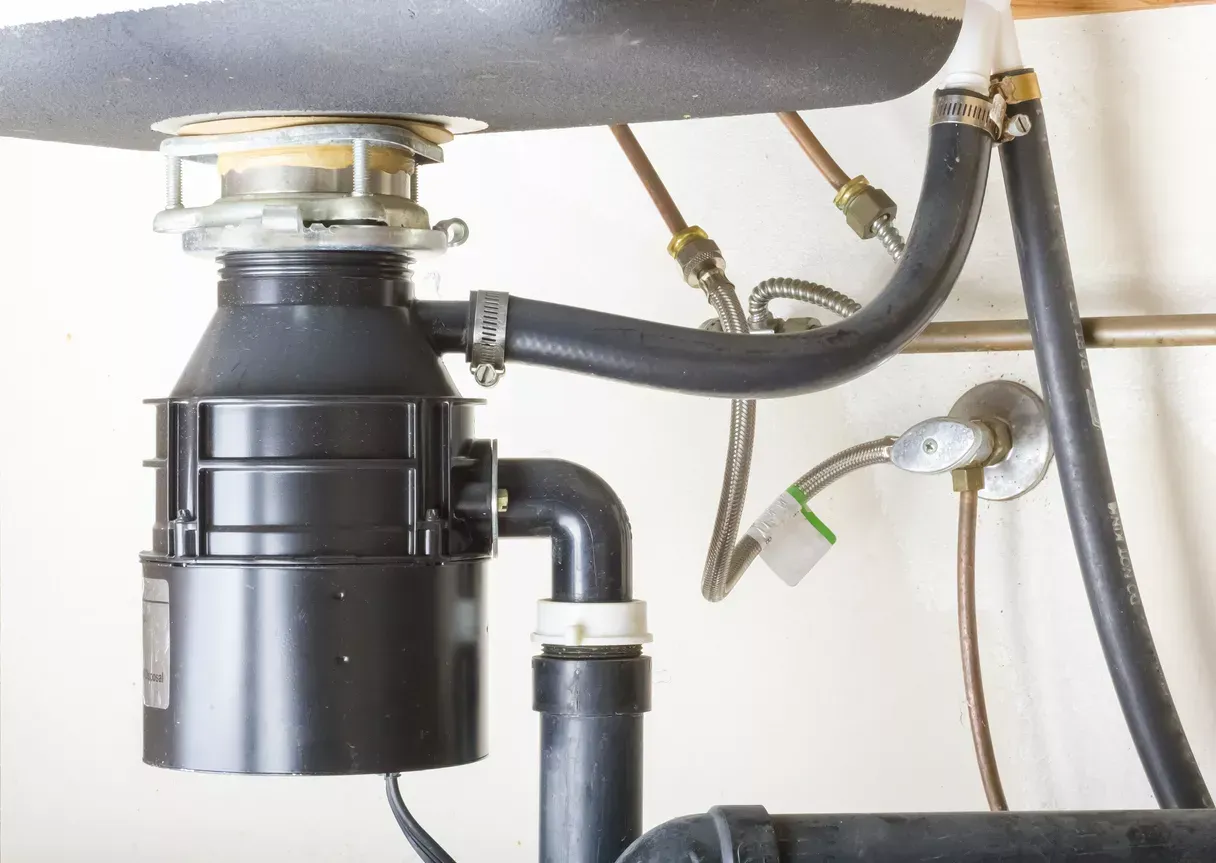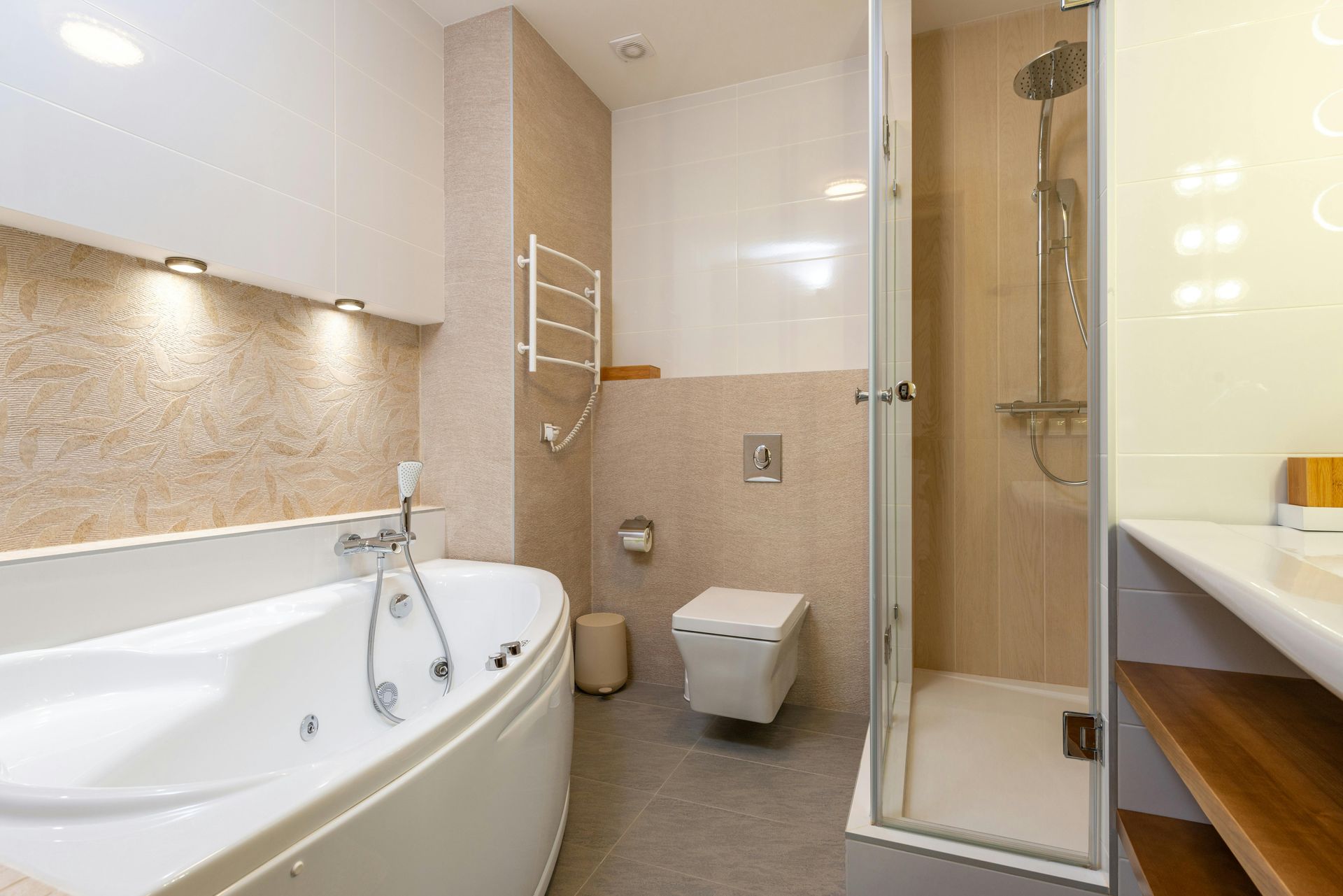How to Maintain Your Home's Expansion Tank: An In-Depth Guide
Expansion tanks are essential for maintaining safe water pressure levels in plumbing systems, especially in homes with closed-loop heating systems or high water pressure. Regular maintenance not only ensures optimal functioning but can also help prevent costly repairs down the road. Here’s an in-depth guide on how to keep your home’s expansion tank in excellent condition.
1. Understanding the Purpose of an Expansion Tank
An expansion tank absorbs the extra pressure created when water is heated and expands. When pressure in your plumbing system exceeds a safe threshold, the tank’s air-filled bladder compresses, providing space for the water to expand. This prevents pipes, appliances, and fixtures from experiencing damaging pressure fluctuations.
2. Key Signs Your Expansion Tank Needs Maintenance
- Unusual Noises: Popping or banging sounds from pipes could indicate excess pressure due to a malfunctioning expansion tank.
- Fluctuating Water Pressure: Noticeably high or low water pressure at fixtures may signal a problem.
- Frequent Leaks: Unchecked pressure can lead to leaks around pipes and joints.
3. Step-by-Step Guide to Maintaining Your Expansion Tank
Step 1: Check the Expansion Tank’s Air Pressure
- Tools Needed: A pressure gauge and bicycle pump (or air compressor).
- Instructions: First, locate the Schrader valve (similar to a tire valve) on the tank’s top. Attach the pressure gauge and check the air pressure. For optimal performance, the tank’s air pressure should be approximately 12-15 psi, matching your system’s pressure settings.
Step 2: Test the Pressure Relief Valve (PRV)
- The PRV releases excess pressure, preventing damage. Pull the valve’s lever to allow water to flow out momentarily, then release. If water doesn’t flow or leaks continue afterward, the valve may need replacement.
Step 3: Inspect for Rust and Leaks
- Visually inspect your tank for rust or any signs of water leaks. Even small rust patches can signal moisture buildup and may indicate an issue with the tank’s integrity.
Step 4: Check for Proper Installation and Alignment
- Make sure the tank is securely installed and supported, as a poorly installed tank can become a safety hazard and may strain your pipes. Proper alignment prevents undue pressure on pipes and joints.
Step 5: Flush the System
- Periodically flushing your water heater and plumbing system removes sediment buildup, which can affect the expansion tank’s functionality. This also keeps the water pressure regulated and extends the life of both the expansion tank and the water heater.
4. How Often Should You Service Your Expansion Tank?
Experts recommend checking the tank’s pressure and performing a visual inspection at least once every six months. A thorough inspection annually or as part of a professional plumbing maintenance routine will ensure it functions optimally.
5. Troubleshooting Common Expansion Tank Issues
- Tank Pressure Too Low: If your tank pressure is consistently low, use an air compressor or bicycle pump to add air until it reaches the desired psi.
- Tank Feels Heavy or Waterlogged: A waterlogged tank is a sign that the internal bladder may have failed, requiring tank replacement.
- Leaking Around Valve or Pipe Fittings: Tighten fittings with a wrench if possible. Persistent leaks may need professional attention.
6. When to Call a Professional Plumber
- If the expansion tank consistently fails to maintain pressure or shows signs of wear, it might be time for a replacement. Professional plumbers can assess whether your tank is appropriately sized for your system, identify any underlying issues, and make necessary adjustments.
7. Benefits of Regular Expansion Tank Maintenance
- Extended Lifespan of Plumbing System: Keeping the expansion tank in good working condition minimizes stress on the entire plumbing system.
- Reduced Risk of Water Damage: Properly maintained expansion tanks prevent pressure-related leaks that can lead to water damage.
- Energy Savings: A well-maintained system is more efficient, helping you save on energy bills over time.
- Improved Water Pressure: Consistent water pressure makes everyday tasks, like showering and using appliances, more pleasant.
Conclusion
Regular expansion tank maintenance is a small investment of time that pays off with reliable water pressure and peace of mind. From checking the tank’s pressure to inspecting for leaks and rust, these steps ensure that your system performs optimally. For issues beyond basic maintenance, contacting a professional plumber can help avoid larger issues and extend the life of your plumbing system.


